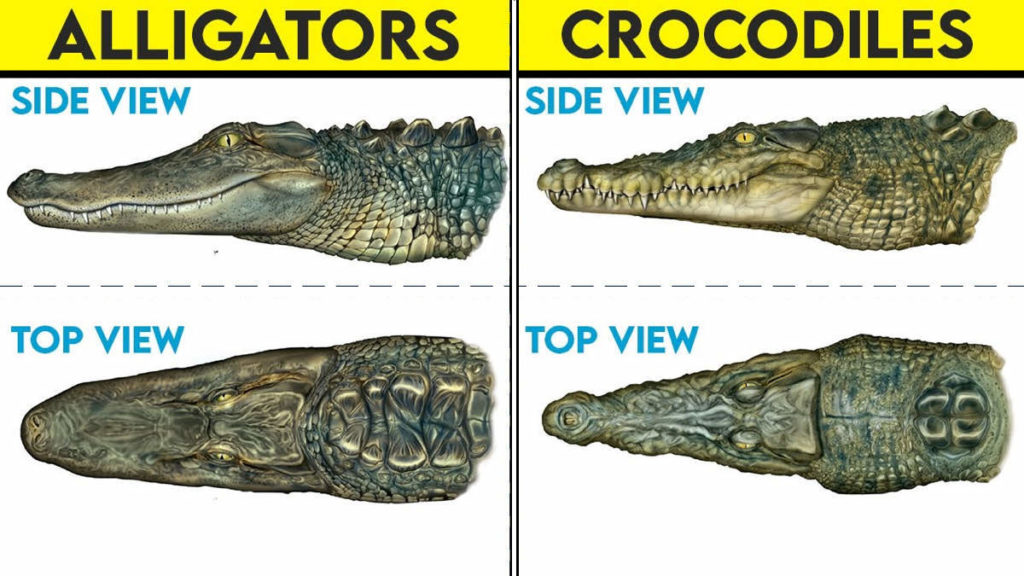
Tag Archives: chart
12-Mort
Nearing Year End
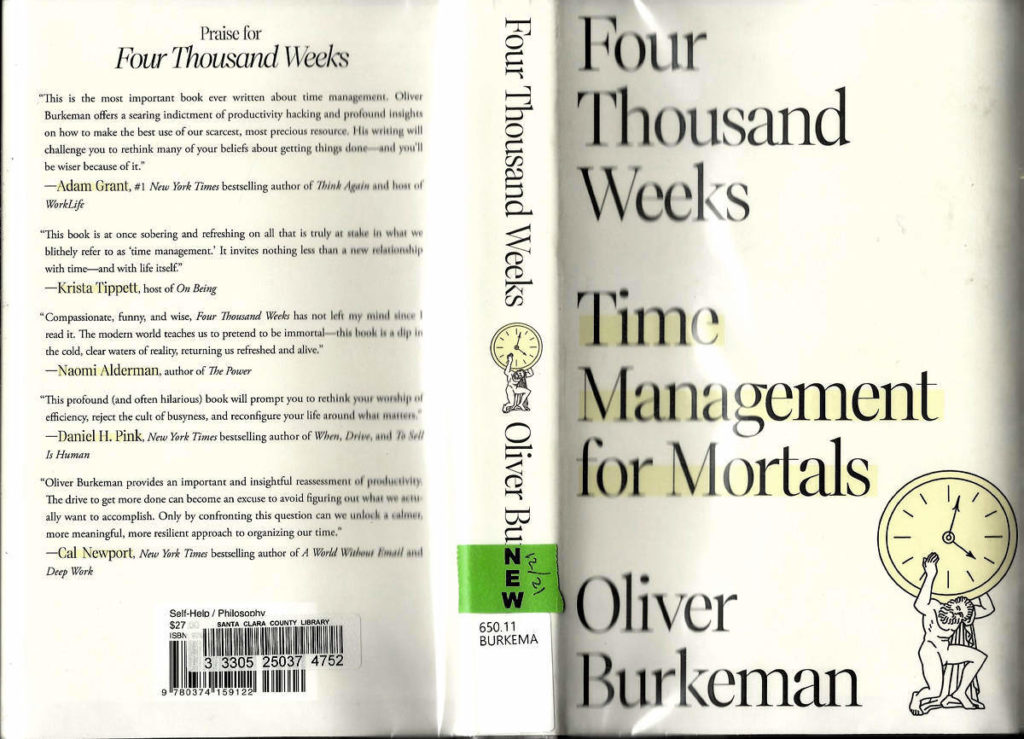
Oliver Burkeman provides an important and insightful reassessment of productivity. The drive to get more done can become an excuse to avoid figuring out what we actually want to accomplish. By confronting this question, we unlock a more meaningful approach to organizing our time.
Cal Newport

02-Nity

Q: We’ve zoomed in September & October – how has that helped you?
A: Helped understand geometry.
Q: I’m glad to help. Who else have you asked for help?
A: Math teacher. Honors students.
Q: Tell me about your teacher. Is he/she good at explaining things?
A: They’re about to go on maternity leave.
Q: What does your teacher look like?
A: Pregnant.
Q: Tell me about your math class. Is it sometimes interesting, or always boring?
A: 30 people, 30 minutes, 5 days per week. Many days just study hall.
Q: How are your friends doing in math? Who is the smartest?
A: Lori
Q: When was your last test? How did you do?
A: October. Fine. 70 out of 100. C-
Q: When is your next test? How will you prepare for it?
A: Friday. Do review today.

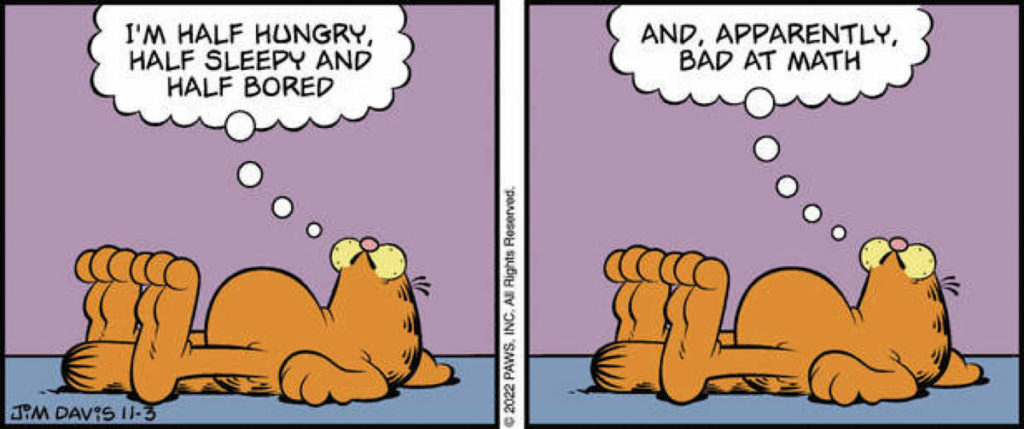
22-Wait
Doxology

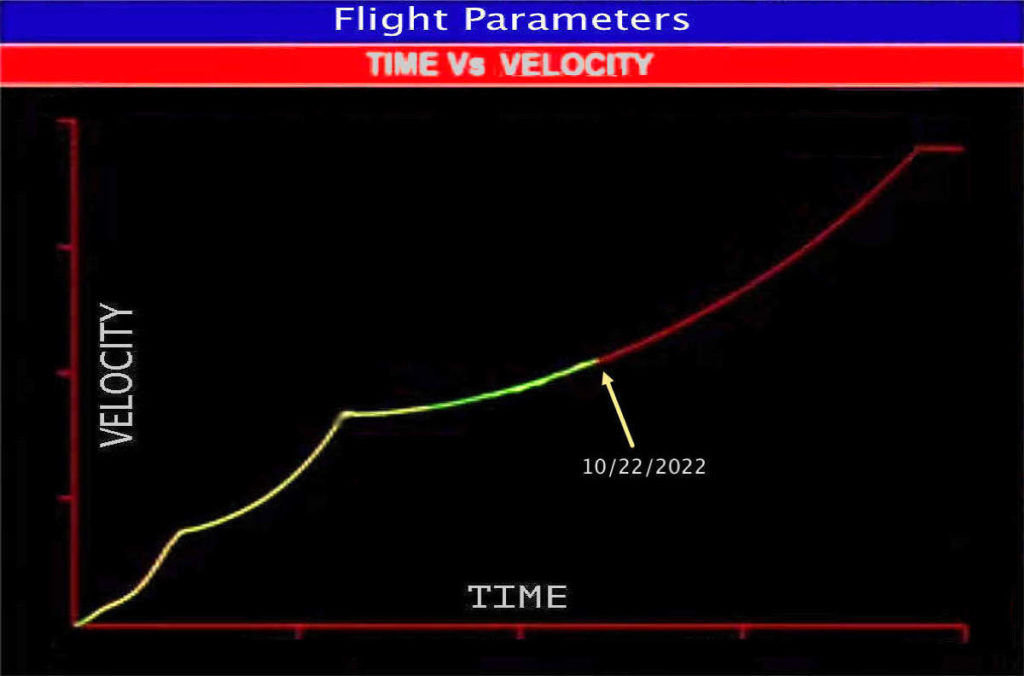
Guard yourself against mistakes when you see evil people.
The I Ching or Book of Changes
14-View
03-Cast
What does it mean?
Found this diagram in some library book.
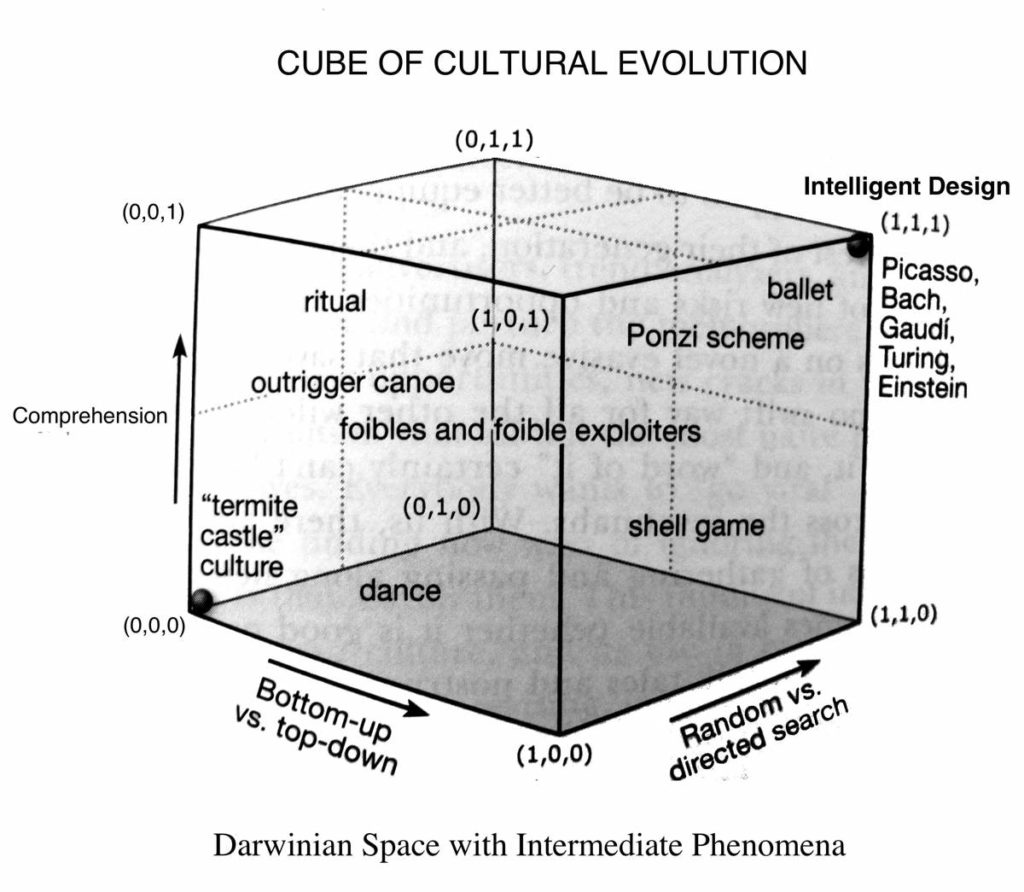
Re: “termite castle” culture – Swarms of termites build castle-like structures without supervision or a centralized plan. Working independently without communication or a leader, they proceed using environmental cues.

Back in 2012, as we drove south on the Mulligan Hwy in Australia and got down on the valley floor, we must have passed thousands of little termite castles.
Unfortunately, my environmental cues were not strong enough to make me stop the car and take a picture of any of those many interesting insect homes. Not one closeup photo; sad.
Mulligan Highway
Everlasting Impressions of Australia
16 photos · 11 views
02-Bump
Do a search on Google and you’ll find that MMXXII.com‘s place on page 6 is preceeded by MMXXII.io on page 3.
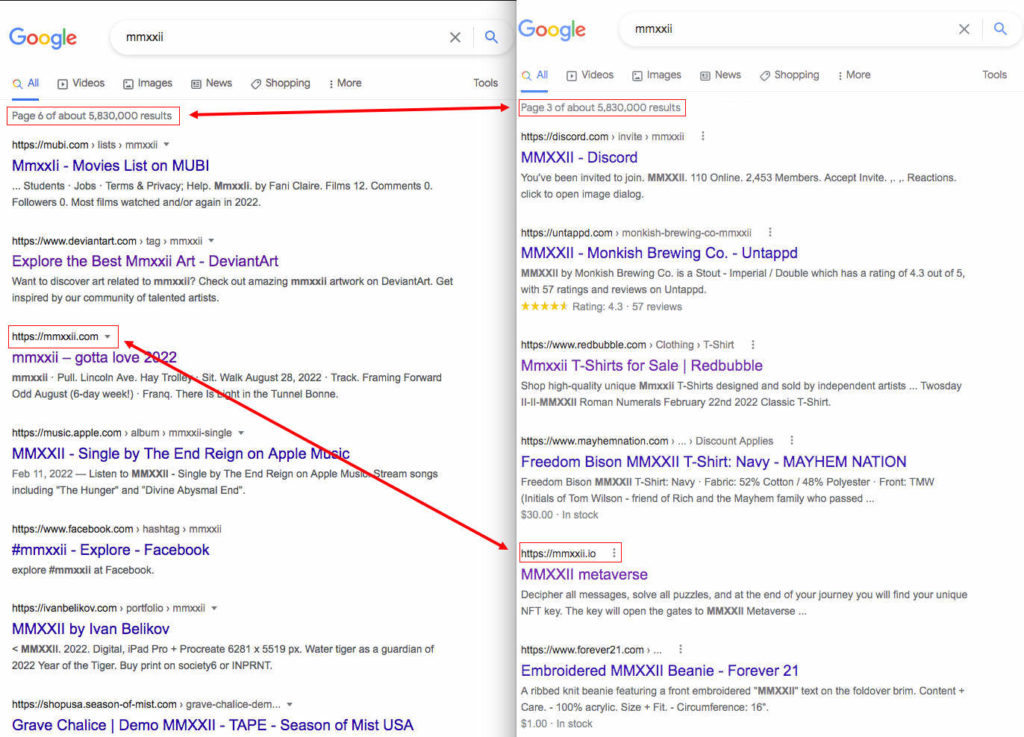
For a “big picture” view of what the metaverse has in mind, take a look at A Canticle For Leibowitz by Walter M. Miller, Jr. (1959).
Thomas Hobbes’s describes life as “nasty, brutish, and short,” Keltner believes evolution has given Homo sapiens emotions like gratitude, joy, amusement, and compassion because they help us survive and build cooperative, ethical societies.
Dacher Keltner on the Science of Awe by Mark Leviton

